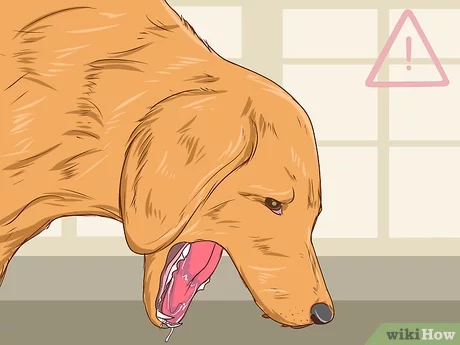Can I Give My Dog Xanax
Can I Give My Dog Xanax? Everything You Need to Know
As a pet owner, it’s natural to want the best for your furry companion. Whether it’s dealing with separation anxiety or fear of loud noises, you may be wondering if giving your dog Xanax is a safe and effective solution.
Xanax, also known as alprazolam, is a medication commonly used to treat anxiety and panic disorders in humans. However, just because it works for people doesn’t necessarily mean it’s safe for dogs.
So, can you give your dog Xanax? Let’s take a closer look at what you need to know before making this decision.
Understanding Xanax and How It Works
Xanax is part of a class of drugs called benzodiazepines, which act on the central nervous system to produce a calming effect. It works by increasing levels of a neurotransmitter called gamma-aminobutyric acid (GABA), which helps regulate brain activity.
In humans, Xanax is typically prescribed to treat conditions such as generalized anxiety disorder, panic disorder, and social anxiety disorder. It’s also commonly used as a short-term treatment for insomnia.
When it comes to dogs, however, there are some important differences in how Xanax affects their bodies compared to humans. Dogs metabolize medications differently than people do, which means that even drugs that are safe for humans can be toxic for dogs.
Is Xanax Safe for Dogs?
The short answer is that while Xanax can be prescribed for dogs under certain circumstances, it should only be given under the guidance of a veterinarian.
One reason why Xanax may not be safe for all dogs is that it can cause side effects such as drowsiness, lethargy, and loss of coordination. In severe cases, it can also cause respiratory depression or liver failure.
Another concern when it comes to giving Xanax to dogs is the risk of overdose. Dogs can be more sensitive to benzodiazepines than humans, which means that even a small amount of Xanax can cause serious harm.
Additionally, dogs with certain medical conditions may be at higher risk of adverse reactions to Xanax. For example, dogs with liver or kidney disease may not be able to metabolize the drug properly, which can lead to toxicity.
When Should You Consider Giving Your Dog Xanax?
Although Xanax is generally not recommended as a first-line treatment for anxiety in dogs, there are some situations where it may be appropriate.
For example, if your dog experiences severe separation anxiety or noise phobia that cannot be managed through behavior modification alone, your veterinarian may suggest using Xanax as part of a comprehensive treatment plan.
However, before giving your dog any medication, it’s important to have a thorough discussion with your veterinarian about the potential risks and benefits. They will be able to help you determine whether Xanax is the right choice for your pet and what dosage is appropriate.
Alternatives to Xanax for Treating Dog Anxiety
If you’re hesitant about giving your dog Xanax or your veterinarian has determined that it’s not the best option for your pet, there are other treatments available for managing anxiety in dogs.
Behavior modification is one approach that can be effective for many cases of canine anxiety. This involves teaching your dog coping skills and gradually desensitizing them to triggers that cause anxiety.
Other options include natural supplements such as melatonin or calming pheromone sprays. In some cases, prescription medications such as fluoxetine (Prozac) or trazodone may also be prescribed to manage anxiety.
The Bottom Line on Xanax for Dogs
In conclusion, while Xanax can be an effective treatment for anxiety in dogs under certain circumstances, it should only be given under the guidance of a veterinarian who is familiar with your pet’s medical history and needs.
As a responsible pet owner, it’s important to weigh the potential risks and benefits of any medication before giving it to your dog. Additionally, consider other options for managing anxiety, such as behavior modification or natural supplements.
Remember that every dog is unique and may require a tailored approach to managing anxiety. With the right combination of treatments and support, you can help your furry friend feel more comfortable and confident in any situation.



